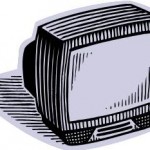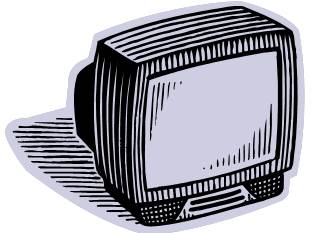On June 18, 2014 the USEPA made revisions to its regulations regarding the export of Cathode Ray Tubes (CRTs). Those persons involved in the export of CRTs for reuse or recycling – eg. electronic collectors and recyclers – must review these revised regulations to ensure compliance.

A cathode ray tube (CRT) is the glass video display component of an electronic device (usually a computer or television monitor). CRT funnel glass generally contains high enough concentrations of lead that the glass is regulated as hazardous waste when disposed. | |
In an earlier revision (2006) to the regulations of the Resource Conservation and Recovery Act (RCRA) the USEPA created an exclusion from regulation as a solid waste for CRTs if certain conditions are met (review the RCRA Exclusion From Regulation for CRTs at 40 CFR 261.4(a)(22)). This June 18, 2014 publication is a revision to the export requirements for those regulations.
Specifically, the rule:
(1) Adds a definition of “CRT exporter” to eliminate potential confusion over who is responsible for fulfilling CRT exporter duties, including submitting the export notices.
(2) Requires information on all interim and final destinations for CRTs exported for recycling to provide more complete information to receiving countries.
(3) Requires annual reports from exporters of used CRTs sent for recycling to provide EPA more accurate information on the total quantity of CRTs exported for recycling during a calendar year.
(4) Replaces the one-time notice for used CRTs exported for reuse with an expanded, periodic notice to improve tracking, and thus better management, of these CRTs.
(5) Requires that normal business records maintained by exporters of used CRTs for reuse be translated into English upon request.
Refer to the USEPA Webpage for Cathode Ray Tube (CRT) Regulations for more information.
Use caution when selecting your CRT recycler:
Cathode Ray Tube Recycler Fined by AZ DEQ
Criminal Penalties for CRT Recycler
Criminal Penalties for Michigan CRT Recycler
Without the use of the above referenced RCRA exclusion, your CRTs may be required to be managed as a hazardous waste. The knowledge of this exclusion – and others, see below – is critical for anyone who generates a hazardous waste or – as in the case of CRTs – generates something that could be a hazardous waste.
Daniels Training Services 815.821.1550 |
Please contact me for a free RCRA Training consultation or any questions you may have about the hazardous waste regulations of the USEPA.

